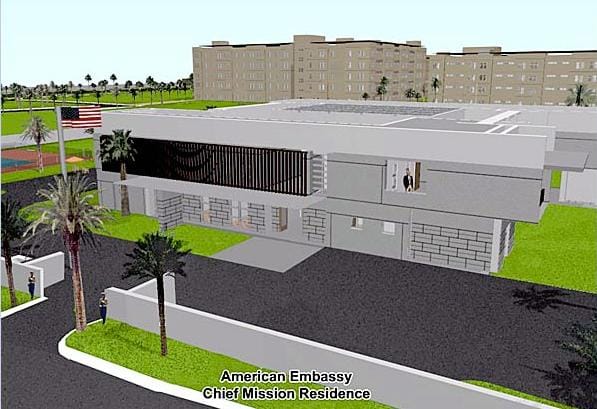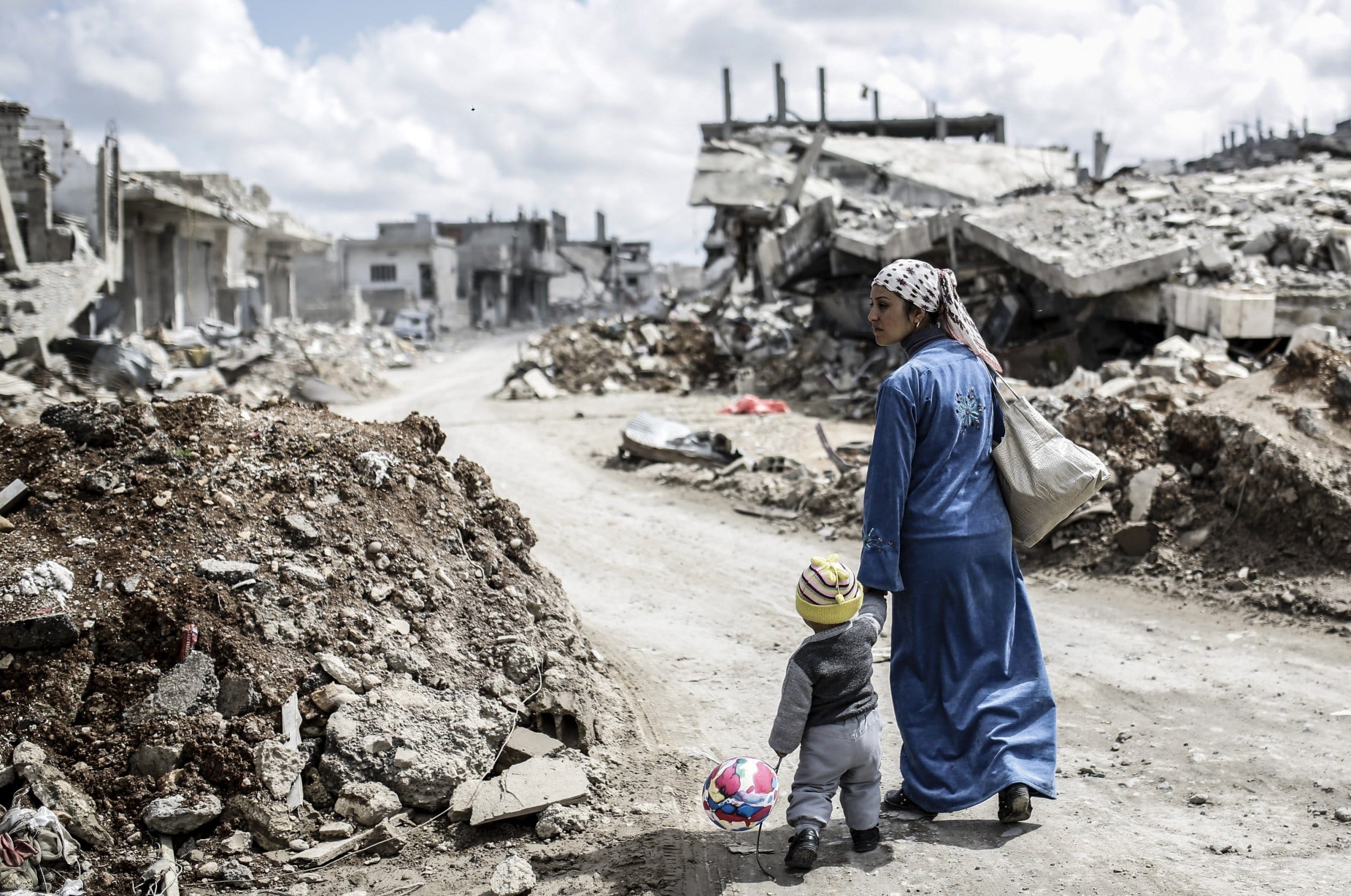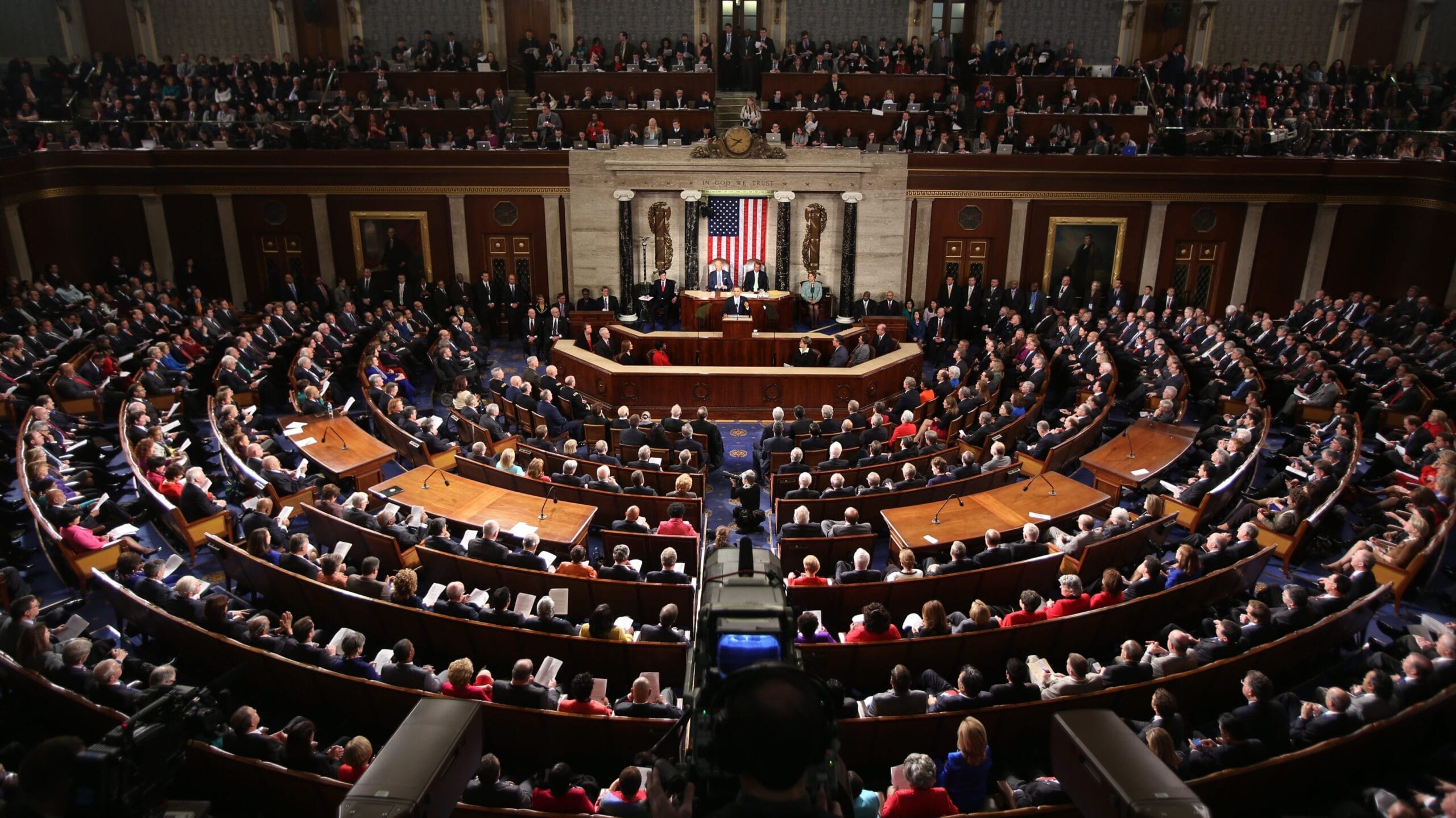In a move that underscores its commitment to safeguarding personnel abroad, the United States government has initiated plans to evacuate nonessential staff from its embassy in Baghdad, Iraq. This decision comes amid rising tensions and potential unrest in the region, reflecting a precautionary approach to ensure the safety of American diplomats and support personnel.
The announcement made by U.S. officials indicates an assessment of the security landscape in Iraq and its surrounding areas. While the exact reasons behind the decision have not been fully disclosed, sources have indicated that recent developments—including political disputes, increasing protests, and escalating threats from various factions—have contributed to the heightened sense of urgency regarding the safety of American citizens in the country.
The U.S. embassy in Baghdad has been a critical diplomatic post since the end of the Iraq War in 2011. It serves not only as a hub for U.S. diplomatic efforts but also as a base for coordinating assistance initiatives and fostering relationships with the Iraqi government. However, the embassy’s location has subjected it to a range of threats, particularly from militias and extremist groups that oppose U.S. presence in the region.
Recent months have witnessed a surge in anti-American sentiment, exacerbated by heightened geopolitical tensions within the Middle East. In particular, events surrounding the ongoing conflict in Syria, as well as Iran’s activities in the region, have raised alarms within the U.S. government regarding the potential for destabilization in Iraq. As a result, the decision to withdraw nonessential personnel from the Baghdad embassy is viewed as a necessary step to mitigate risks associated with escalating unrest.
U.S. officials have emphasized that the move to reduce staff does not indicate a complete withdrawal from Iraq. Rather, it is a strategic shift focused on maintaining operations while prioritizing the safety of personnel amidst changing circumstances. Essential staff, who are critical to the embassy’s functions, will remain in Baghdad, ensuring that diplomatic channels remain open.
This development is set against a backdrop of deteriorating security conditions in Iraq. Factors such as the resurgence of ISIS, ongoing sectarian tensions, and challenges facing the Iraqi government have all contributed to an unstable environment. Protests within the country have also become increasingly violent, with demonstrators expressing dissatisfaction with government corruption and economic mismanagement.
As U.S. officials prepare for the planned evacuation, they are in close consultation with Iraqi authorities. The U.S. government has pledged to maintain its commitment to supporting a stable and democratic Iraq while navigating the complexities of its diplomatic presence. Maintaining strong partnerships with local authorities remains a core component of U.S. policy in the region.
The evacuation of nonessential personnel, while precautionary, highlights the delicate balance the U.S. must maintain in its foreign engagements. As future developments unfold in Iraq and the wider region, the U.S. will continue to assess its diplomatic strategies and security protocols to adapt to evolving threats.
Additionally, such precautionary measures are not unique to the U.S. military or diplomatic establishments. Other countries have also made similar decisions in response to regional instability, showcasing a broader trend of foreign governments reevaluating their presence in potentially volatile territories. By prioritizing personnel safety, nations can mitigate risks that could compromise their diplomatic missions and the well-being of their citizens.
Moving forward, the situation in Iraq will remain a focal point for U.S. foreign policy, particularly as regional dynamics continue to evolve. The government’s actions signal a commitment to responding proactively to threats while ensuring continued engagement with key regional partners.
As stakeholders both in the U.S. and Iraq monitor the unfolding situation, experts anticipate that discussions surrounding security collaboration and economic support will intensify. The U.S. has been a significant player in aiding Iraq’s recovery and development since 2003, and maintaining a presence—even in a limited capacity—will be essential for fostering stability.
In conclusion, the decision to relocate nonessential personnel from the U.S. embassy in Baghdad reflects a nuanced understanding of the security challenges facing American diplomats amid regional unrest. While this move signals an awareness of threats, it also underlines the persistence of U.S. diplomatic efforts in Iraq. Striking a balance between safeguarding personnel and sustaining diplomatic relations will be paramount as the U.S. navigates the complexities of Middle Eastern geopolitics in the future.



